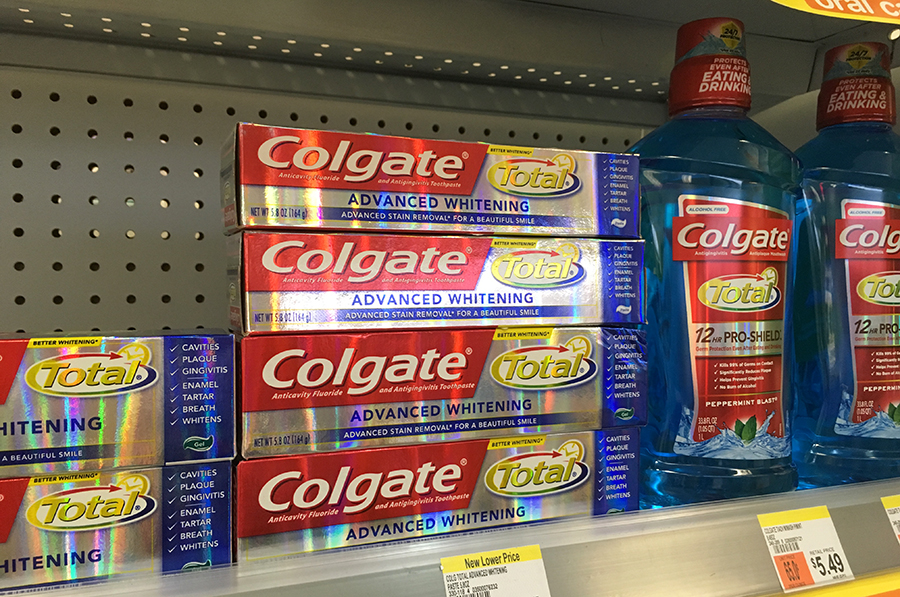Avoid dangerous antibacterial soaps, toothpaste, scientists warn

Many people look for the words “antibacterial” in hand sanitizer, soaps and toothpaste, but on Tuesday hundreds of scientists and health professionals warned that products containing antimicrobials like triclosan can be dangerous and should be avoided.
Dr. Laura Geer, associate professor and chair of the Department of Environmental and Occupational Health Sciences in the School of Public Health at SUNY Downstate in Brooklyn, said in a statement that antimicrobial substances added to common household products can potentially disrupt the human endocrine system and are known to linger in the environment. On top of that, antibacterial soaps work no better than plain soap and water.
Geer was one of many experts who signed onto the “Florence Statement on Triclosan and Triclocarban,” published on Tuesday in the scientific journal Environmental Health Perspectives.
